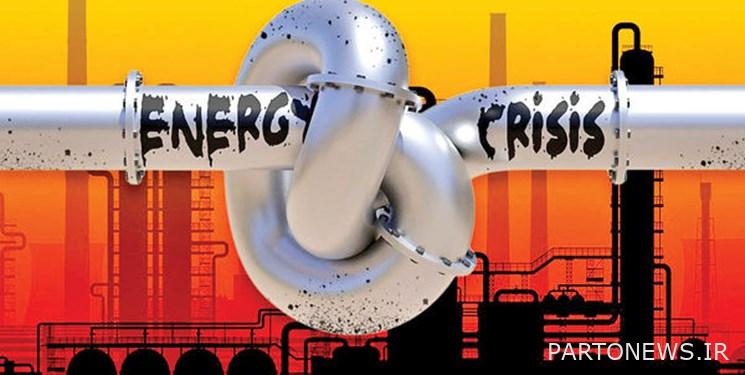Head of the German Energy Network: Germany’s electricity crisis is not over/we may have a gas shortage

According to Fars International Economic Group, Klaus Müller, the head of Germany’s Federal Grid (Energy) Agency, warned that German businesses and households may need to further reduce their natural gas consumption in order to avoid an energy crisis in the coming winter.
In an interview with the Financial Times, he talked about the risk of a possible gas shortage and warned: the electricity crisis in Germany is “not over” and it depends a lot on whether or not this winter is colder than last year.
According to the German official, the situation will largely depend on whether the government continues to limit gas usage and ensure a diversified supply.
He pointed out that in the winter of 2023-24, Germany will experience a winter without any gas received from Russia for the first time, while the supply of liquefied natural gas (LNG) in the world is not expected to increase significantly this year and next year. find
Müller added: German industry consumed 20% less gas this winter as a result of strong energy saving by companies and households, but may have to reduce consumption even more.
“We were very lucky to have a very mild winter in Europe in 2022-23,” he told the Financial Times.
“You see how important the weather is, you see how much gas has to be burned to heat the houses when the weather is cold,” the German official explained.
The head of the German Federal Grid also warned: China’s economic recovery could lead to an increase in demand for gas, which could have price consequences.
Germany, along with other European governments, have gradually reduced their dependence on Russian energy supplies. While the European Union did not ban the import of gas from the Russian pipeline, the country’s gas transmission to Europe was significantly reduced due to sanctions related to Ukraine and following the sabotage that disabled the Nord Stream 1 pipeline. This pipeline was one of the main routes for the transfer of Russian gas to Europe.
As a result, Germany no longer receives Russian gas directly and, according to Müller, energy prices are no longer as low as they used to be.
Earlier, the results of a Mackenzie Institute research showed that Germany may face a shortage of electricity in the next two years.
According to the results of this research, Germany will face a shortage of 4 gigawatts of electricity by 2025, and this figure will increase to 30 gigawatts by 2030.
This research has warned that the country is moving towards a serious lack of electricity and the 30 GW difference between production and the amount of electricity required in this country in 2030 is equal to the production capacity of 30 large thermal power plants.
On the other hand, the German government has to allocate more than one trillion dollars by 2030 to deal with the risks and challenges caused by the energy crisis, and this country is currently at the top of the European Union countries in terms of energy expenditure.
end of message/
You can edit this article
Suggest this article for the first page

